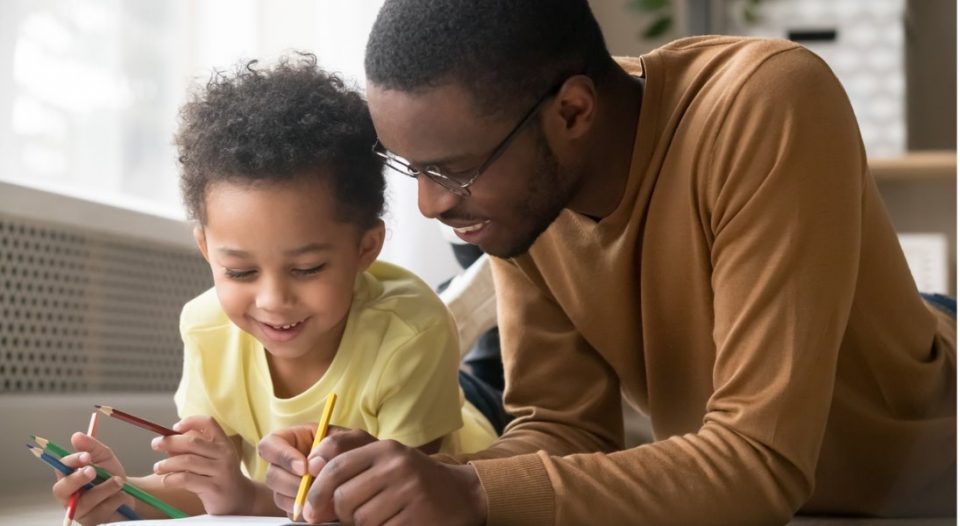Things have changed. For many of us, this feels as if it happened overnight.
For my family, the change took two days to sink in. That the school bus wasn’t coming on Monday, as we had planned, and probably wouldn’t come for many Mondays. That our commute to work would change from 4 miles to 14 steps, from the bed to the desk. That public education had suddenly become private education and, indeed, a kind of homeschooling that had vanished two generations earlier.
Religious education is now home-based too, at least for a few weeks while much of the country practices social distancing to slow the spread of COVID-19. Many of us parents were used to just giving an Easter basket, but this year we’ll be relied upon to shed some light on the resurrection story as most congregations remain closed for that holy day.
That old faithful question rears its head again for us: How shall we then live?
I don’t have many answers, but as a pastor and former educator, I have some honest thoughts.
-
Boredom is your friend.
Boredom is a breeding ground for ingenuity and imagination! If you’re at home caring for children, resist the urge to fill up every second of their day with education or structured play. Kids need to be bored for their imaginations to flourish, and you need them to be bored so that you have space to rest. A rallying cry in these days of social distancing might be: embrace the boredom. -
“Hug the cactus.”
This is a favorite phrase of mine, and it’s often used in 12-step programs as a visual metaphor for embracing the truth of the current situation. Our time in this new reality will feel like a marathon, and returning to normalcy will probably take even longer. We parents need to accept that. Ration your ideas and energy as much as possible and encourage your family to do the same. “Hugging the cactus” lessens the pain. -
You’re a teacher, but you’re not necessarily an educator.
It’s OK not to know how to teach every subject, and indeed you don’t need to! In these days, teach your children how to learn, not necessarily what to learn. Teach them by modeling curiosity, asking good questions and not moving too quickly to solutions. Use educational resources and virtual sites offered in these days. Explain when you support local businesses and why you’re doing it: you’re seeing a need and responding to it. You can be a good model in these days, and they will learn much by observing. -
Take these days of intense presence to practice being the church in diaspora.
Pray together. Teach your children the Lord’s Prayer, the Apostle’s Creed and the Ten Commandments, not just with rote memorization but by applying your imagination to our current situation. These prayers, the three legs of our confessional footstool, are baptismal promises we vow to teach our children. Use this time to keep that promise. By doing so, you connect yourself to the church universal, even when we’re not physically together. -
Lead with grace as much as possible.
With yourself and with your family. This is not easy. There is no road map. We’re making the road as we walk it. So do what you can and trust that love and forgiveness are enough in these stressful days. Take the opportunity to check in around the dinner table each night (and what better time to start that daily practice?), to do “highs and lows,” to take stock of yourself and those you love, to pray together and to remind yourself that God’s grace is present and real, even in these strange days.
As Lutherans, we might see this extended home time as a return to our roots. Martin Luther created the Small Catechism not for churches but for parents, to teach their children at home.
We didn’t plan for this, but we’ve been woven into this ecclesial fabric for over five hundred years, and into a graceful fabric of love for over two thousand years. God will hold us in these days, and we will do our best to hold our families, and one another, too.






